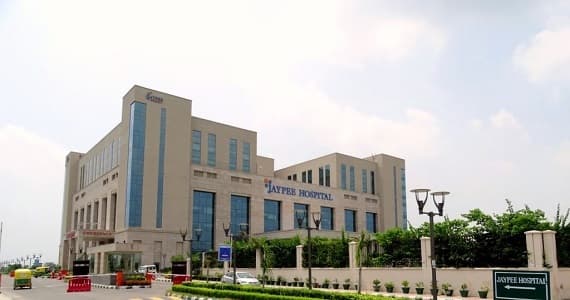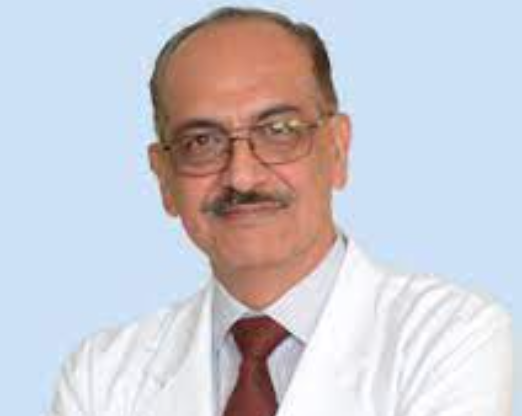
About
- Dr. Manoj Luthra is adept at performing a wide range of cardiac surgeries (adult & paediatric).
- He has been credited with the first cardiac transplantation in the Indian Armed Forces and has done over 12000 cases in his cardiac surgical career of more than 28 years.
- He is the head of the Adult Cardiac Surgery Department at Jaypee Hospital in Noida, and has been in practice for almost 26 years.
- He specialises in complete arterial revascularization off-pump and thoracic aneurysm surgery.
- He is well-known in the field of coronary artery bypass surgery.
- He is enthusiastic in research and has 22 publications in national and international medical journals to his credit.
- He has also written chapters to medical textbooks.
- He earned his MBBS, MS (General Surgery), and MCh (Cardiac Surgery) degrees from the Army Force Medical College in Pune.
- He is an Indian Association of Cardiothoracic Surgeons fellow.
- He also belongs to the Pediatric Cardiac Society of India and the World Congress of Pediatric Cardiac Surgeons.
Areas of Interest
- Off pump total arterial revascularization
- Thoracic aneurysm surgery.
Education
- MBBS, Army Force Medical College in Pune
- MS, General Surgery, Army Force Medical College in Pune
- MCh, Cardiac Surgery, Army Force Medical College in Pune
Experience
Current Experience
- Presently he is serving as a Director in Adult Cardiac Surgery in Jaypee Hospital.
Previous Experience
- He was Head of Dept of Cardiac Surgery at Army Hospital(R & R), Delhi.
- He has also served as Professor of Cardiothoracic Surgery and Dean of Armed Forces Medical College, Pune.
- Senior registrar in Cardiac surgery in the NHS, UK and as a Fellow in cardiac surgery at Royal Prince Alfred Hospital, Sydney, Australia.
Membership
- Pediatric Cardiac Society of India
- World Congress of Pediatric Cardiac Surgeons
Hospitals
Blog/News
View All
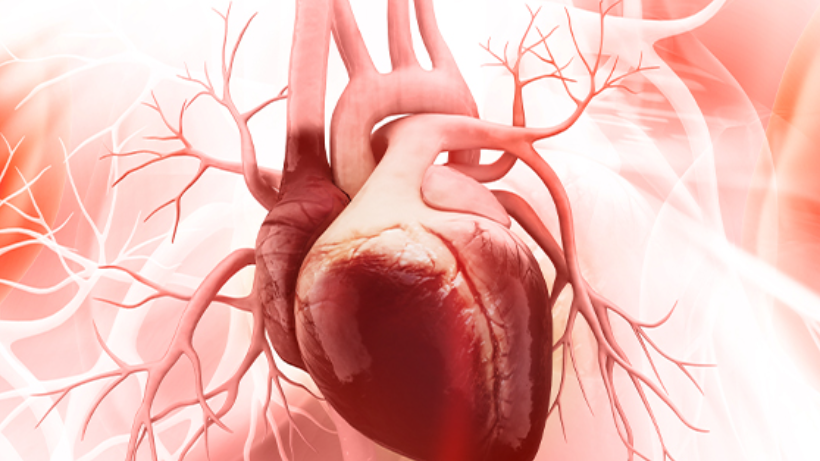
Knowing The Types Of Heart Surgeries
Overview When people think of heart surgery, open-heart surgery is the
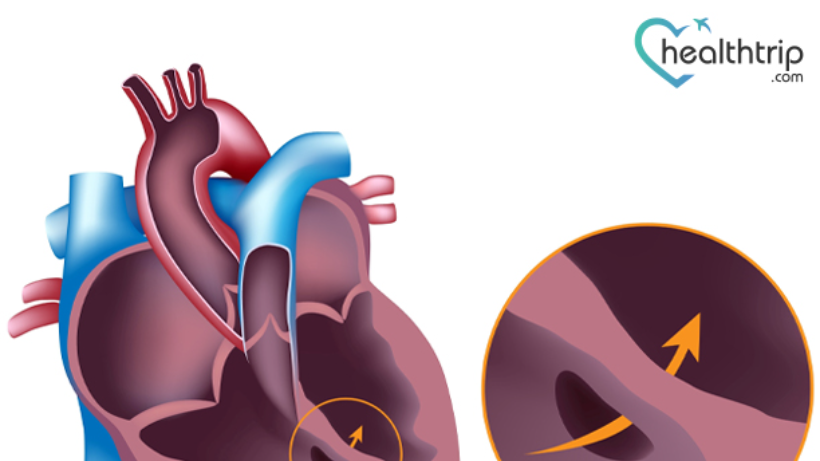
ASD(Hole in the Heart): Symptoms, Cause, All You Need to Know
OverviewAll expecting parents want their children to be healthy. However,
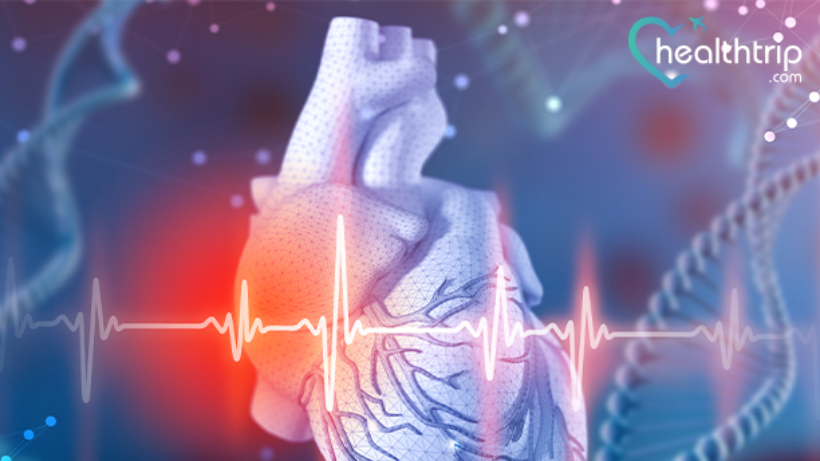
How Much Does Bypass Surgery Cost in India?
OverviewWhen your heart is unable to receive the right amount
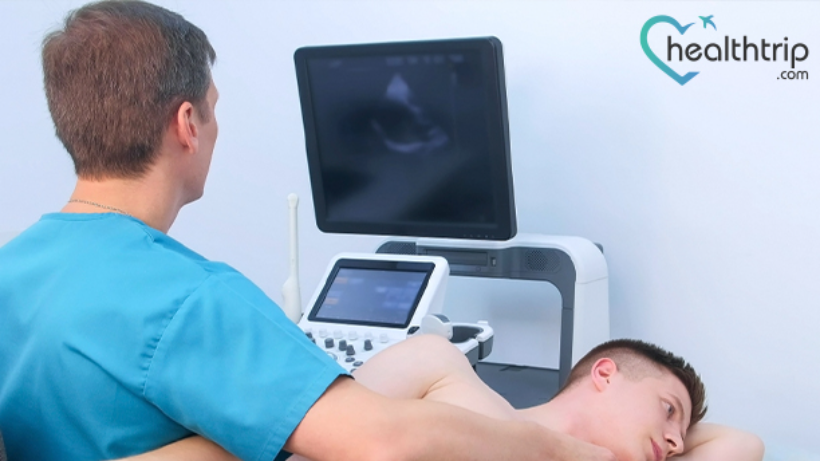
From Types to Costs, Here’s All You Need to Know About Echocardiogram Tests
OverviewAn echocardiogram, or "echo,” is a scan that uses ultrasound

Most Common Cardiology Surgeries: Procedures & Recovery
Cardiology surgeries are a type of surgical procedure that deals
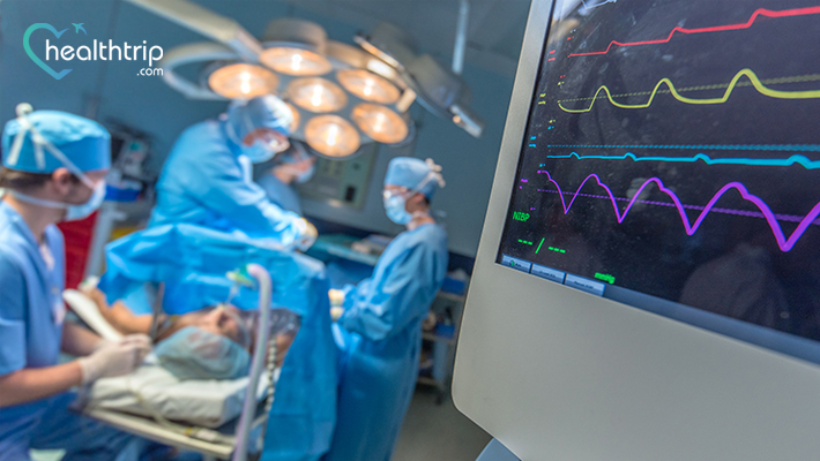
Preparation For Cardiology Surgery: What to Expect & How to prepare
Cardiology surgery can be a life-saving procedure, but it can
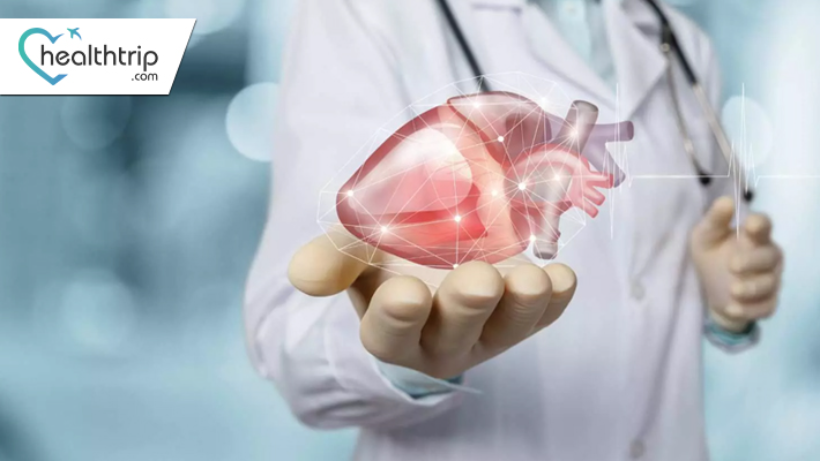
TMVR: A Minimally Invasive Heart Valve Solution
Transcatheter Mitral Valve Replacement, or TMVRToday, we're discussing about
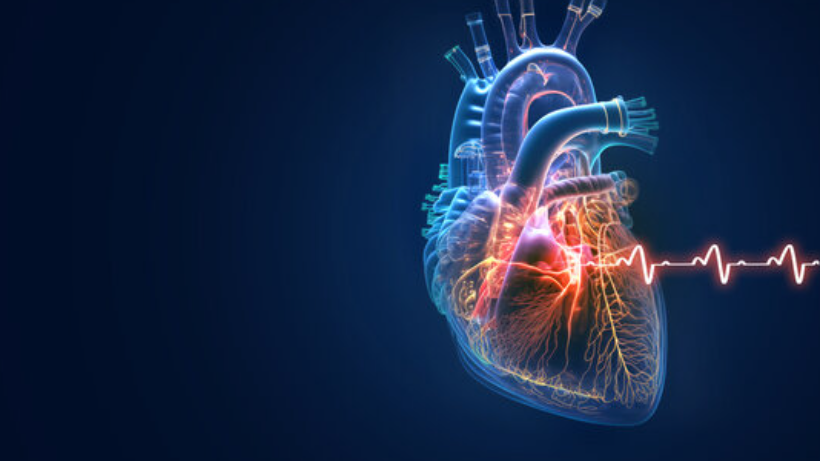
All about Congenital heart disease (CHD)
We will discuss a critical topic that affects the lives
